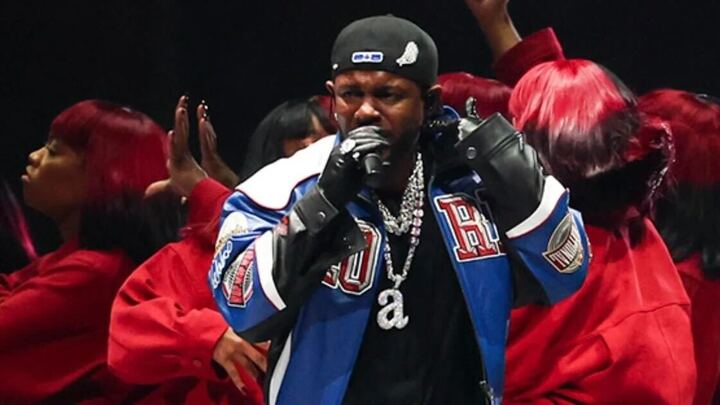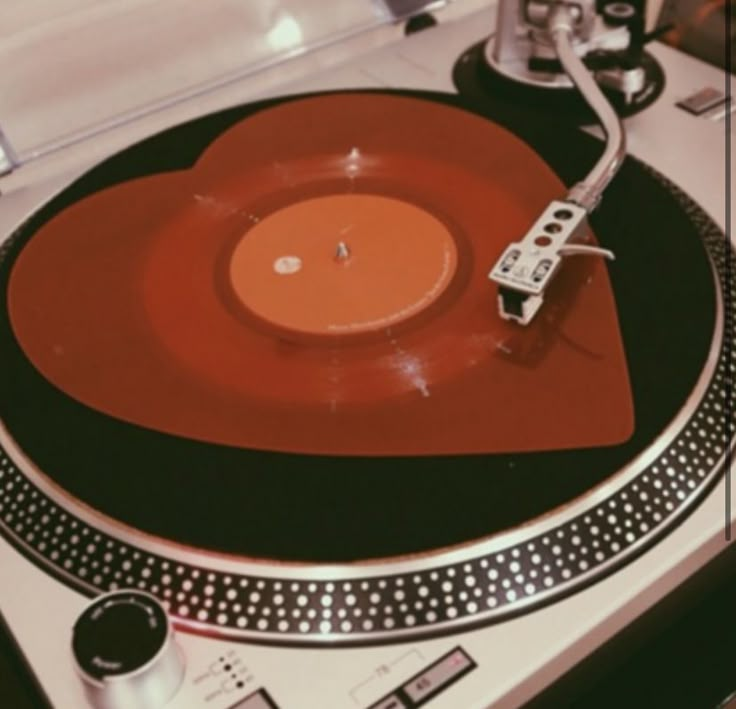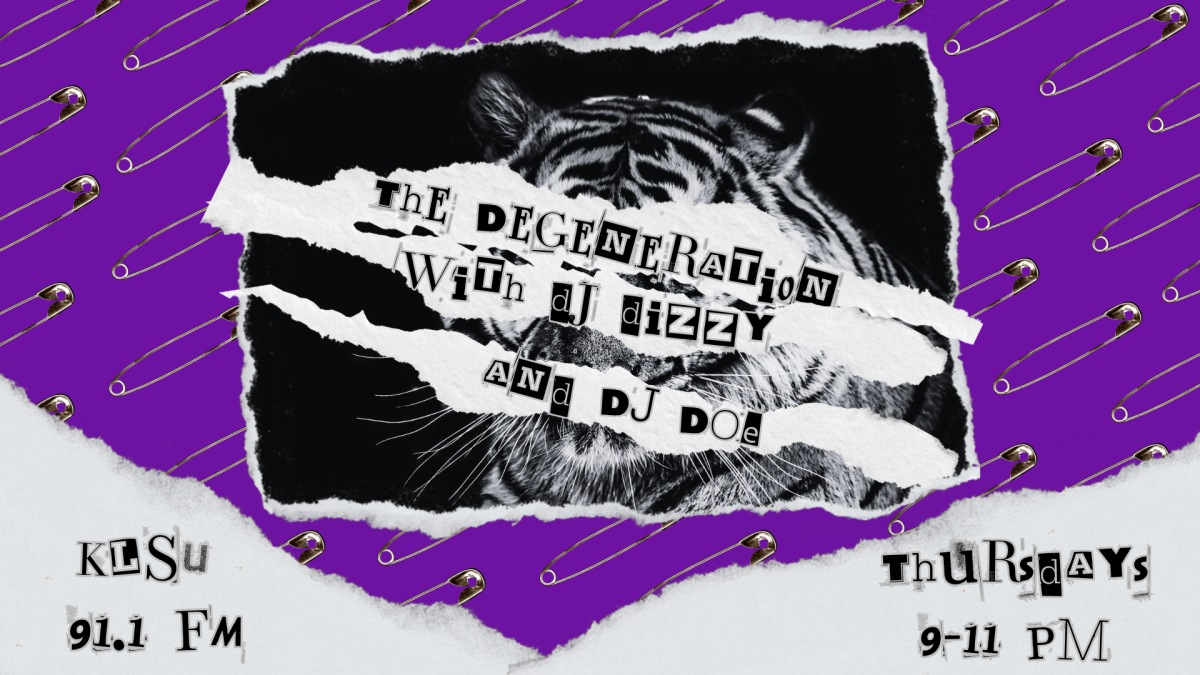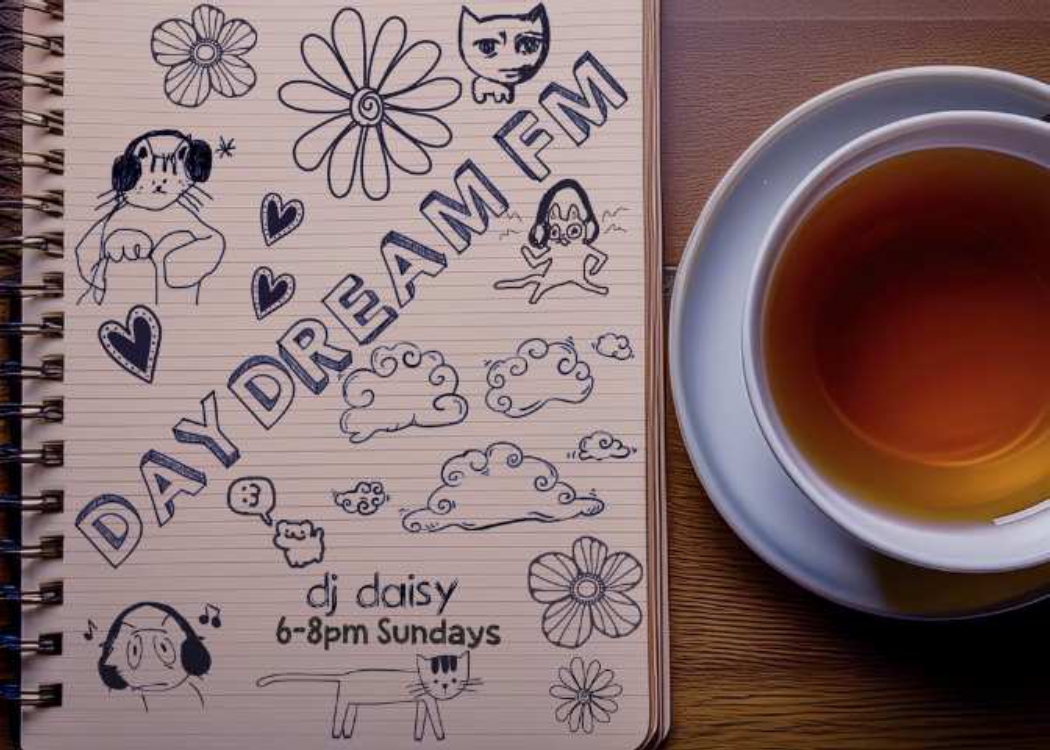Few events stir American pop culture quite like the Super Bowl, which for nearly six decades has served as a pinnacle for football season and as a stage for the music industry’s biggest stars. With this year’s game taking place in the heart of the South, New Orleans, the night was sure to be bustling with tourists and celebrities alike. From Taylor Swift, Doechii and Beyonce to even the president, the Superdome had no shortage of recognizable faces this year who watched the game between the Philadelphia Eagles and the Kansas City Chiefs unfold. And, of course, many eyes and ears longed for the highly anticipated performance from this year’s guest: hip-hop legend Kendrick Lamar.
Word of his nomination as headliner came out September 8th of 2024, and Kendrick’s presence had already begun gaining attention months prior to the performance. Lamar’s rap beef with rap-pop star Drake earlier in the year had invoked the ire of some of the artist’s collaborators, and the announcement of his half-time show was met with resistance from members of the public as well as several hip-hop figures. Among these was New Orleans’ very own Lil Wayne, who Kendrick collaborated with numerous times in the past. Lamar’s thoughts regarding the backlash from someone who he considered to be an influence on his music were made evident with the release of his album GNX later that year in late November. The first song “wacced out murals” contains lyrical references to this conflict with Lil Wayne with bars like, “Used to bump Tha Carter III, I held my Rollie chain proud / Irony, I think my hard work let Lil Wayne down… / …Won the Super Bowl and Nas the only one congratulate me.”
The release of Kendrick’s summer single “Not Like Us” that concluded a series of diss tracks towards Drake, the announcement and subsequent reaction of his Super Bowl announcement and the surprise drop of GNX all made for an eventful year for the heavily lauded lyricist. Fast forward to February 9th on the night of the Super Bowl LIX, with these events still lingering in the minds of listeners. While Kendrick has hundreds of thousands of supporters both in and out of the music industry, he is most certainly not without opposition. He stands as both a commentator of the cultural divide present in the country and an unwavering combatant in the face of his enemies in the media and in the music world, and his performance at this year’s half-time showed his awareness of his stance in pop culture in a way only he can do so well.
The flashing of four shapes – a square, circle, triangle, and X – arranged on the stage and the display of numbers in the stand counting rapidly up to 100 soon gave way to a guest appearance from iconic actor Samuel Jackson dressed up as none other than Uncle Sam, welcoming audiences to the “great American game.” A lone spotlight shone down on Kendrick, who dished out his opening bars while squatting on his very own GNX. As he rose, several women dressed in red popped out of the vehicle, one by one. His opening verse concludes with the proclamation, “The revolution about to be televised, you picked the right time but the wrong guy.” Within the first minute, Lamar asserted his position on the current state of socio-political affairs sweeping across the nation and, once again, showed that he won’t back down so easily for people who wish he’d stay quiet.
This intro transitioned to the first song of the night, “squabble up”. Ten more figures exited the GNX, all men dressed in white, each performing their own choreo as they joined the female dancers to direct the attention to the main performer. Dressed in bootcut jeans, a custom jacket with the name of his company pgLang, a backwards cap with two diamond brooches and a sparkling chain with a lowercase a, Lamar boasted a look that harkened back to classic West Coast hip-hop aesthetics, modernizing it all while flaunting his talents. As the song concluded, the performers in white – now accompanied by male performers in blue, marched up to the stage with Kendrick and the female dancers. Jackson’s Uncle Sam returns to express his disdain for the flashy performance, lambasting it as “Too loud, too reckless, too… ghetto” and asking Lamar if he really knows how to “play the game.” As he has made clear, Kendrick refuses to play any game by traditional American standards that reduce him and his culture to lower-class noise. The camera whipped back to him surrounded by an American flag made from the colors of the dancers’ outfits as the next song, “HUMBLE”, began.
As the song went on, the performers marched down the stairs, leaving Kendrick as the last to descend while they ran out of formation for the next song, “DNA”. Lamar flashily walked down one side of his stage with a host of performers while reciting the song’s opening verse. These tracks were the shortest on the setlist, allowing more time for his newer, trendier material such as “euphoria”, the first of his 2024 diss tracks towards Drake and the next song of the night. He strutted through rows of male performers in red and white until he stopped to remind the audience of who they came to see, “K D O T”. Following this was the song “man in the garden”, in which he stood underneath a streetlight with ten extras in white shirts banging their heads while providing an acapella backing instrumental. Though the hasty transitions from song to song may have been disappointing for some audience members, Lamar’s theatricality and commitment shone through consistently throughout his performance. In the thirteen minutes he was on stage, he managed to make the night his very own with his words, appearance, and mannerisms.
After “man in the garden”, Uncle Sam returned to contemptuously criticize Lamar having, “…brought your homeboys with you! The old culture cheat code.” His command to the scorekeeper was met with the start of the song “peekaboo”. Though it was another fairly brief moment for the performance, the camerawork in the X shape that Kendrick and the male extras in white made for a dizzying, boisterous moment with so many people concentrated in such a small area. Afterwards, he made his way over to four female performers and humorously exchanged a back-and-forth with them that teased the audience’s excitement for wanting to hear him play “Not Like Us”. Kendrick instead decided to slow it down and make room for the next song “luther”, which not only featured a stage of all-female performers in red and blue, but also a surprise appearance from hip-hop sensation SZA, who featured on the song with him both on stage and on the album GNX. Her softer, sensual presence made for a nice contrast with Lamar’s energy as the two met each other onstage and harmonized among the background dancers.
Shortly after this came the song “All the Stars”, where Kendrick, now at the circular platform on the wider stage, joined with SZA to make for a harmonious high point capped by the last appearance from Jackson. His caricature of Uncle Sam reappeared praising the previous two songs as “…what America wants! Nice and calm” amd urging Lamar to stick the landing, which prompts the opening sample of the long-awaited song of the night to Jackson’s dismay. Directly addressing the cultural divide between his culture and that of his opponents, Lamar made his way to “Not Like Us”, which was by far the longest of the songs performed that night. The entire stadium’s howling of the phrase “A minor”, Lamar’s devious expressions towards the camera (and presumably Drake), and the presence of Serena Williams as she crip-walked herself to the beat gave audiences the most memorable moments of the entire show. The famed tennis star’s appearance not only recalled her crip-walking back in 2012 which she got backlash for, but it also added further insult to injury given her prior history as Drake’s rumoured fling last decade. As Kendrick gave his various aliases surrounded by extras, he began his final song of the night, “tv off” with his hype shoutout to DJ Mustard, who shortly joined him on stage in his moment of glory. Extras ran towards and away from the center stage until Lamar signed off as the stage darkened and the lights in the stand that previously showed numbers now spelled out “GAME OVER”.
With the end of the performance, Kendrick once again proclaimed himself as the top dog of both the night’s game and of contemporary hip-hop. Any good half-time show will have discussions buzzing around it long after the game has concluded, and that night’s show was no exception. As expected, a number of spectators hopped online to express their discontentment for the show, calling it boring and unexciting for the crowd that night. Though there were plenty of people who had grievances with the setlist itself, there were many who pejoratively labelled it as “woke” and “DEI”, once again highlighting the very same ignorance and cultural divide that Lamar himself is acutely aware of.
Make no mistake, there would have been all sorts of audience members who gave their unfounded criticisms regardless of what Lamar said during his show. The presence of an extra displaying flags representing Sudan and Palestine flags added further fuel to the fires of these complaints, even warranting an apology on part of the NFL. No matter who may have been offended, or which corporations extended their apologies for the performance, there’s no doubt that Kendrick’s unapologetic attitude towards this divide is worthy of admiration. Very few artists with his level of popularity manage to keep such a large amount of goodwill and respect throughout their decades in music, and Kendrick has done so through his refusal to stand down. No matter what criticisms spectators may throw his way, the strength of Kendrick’s voice remains without falter and ready to take aim at whoever takes offense at his existence. It’s that voice of his that made for such an evocative performance that night.







